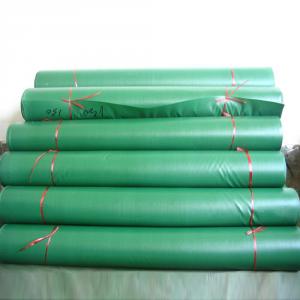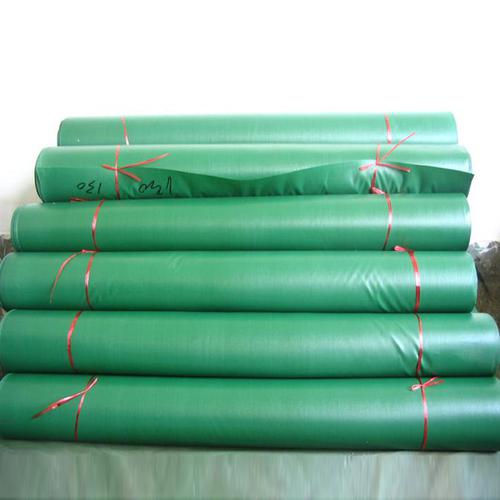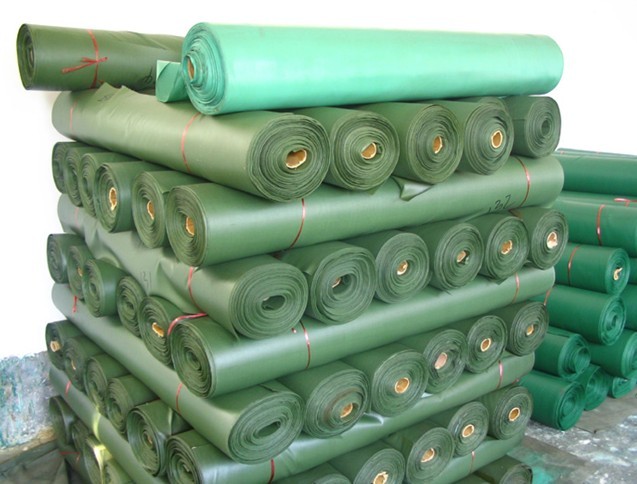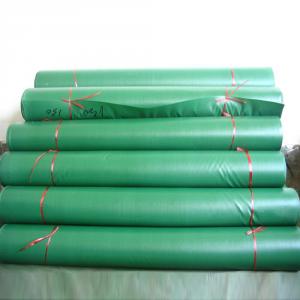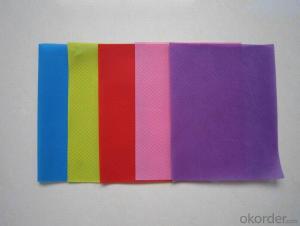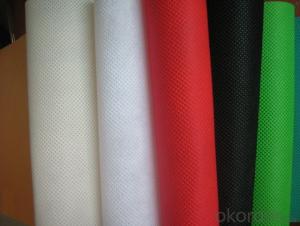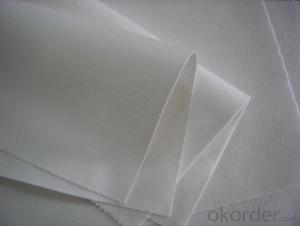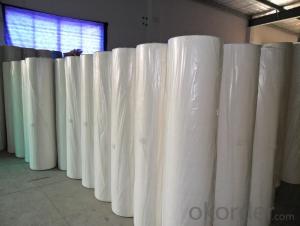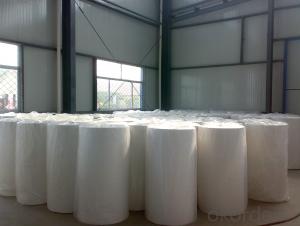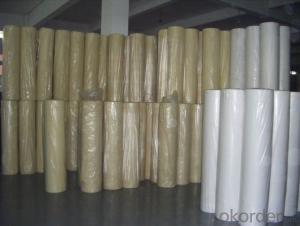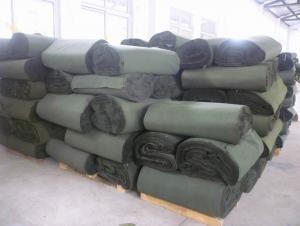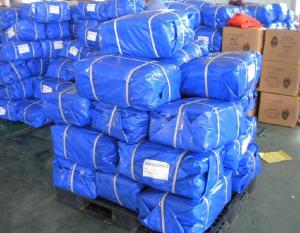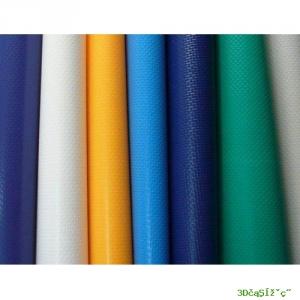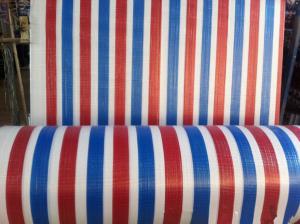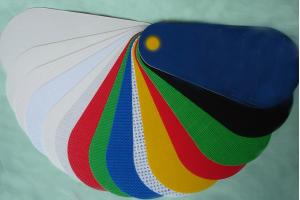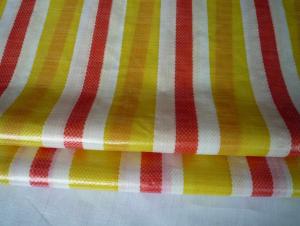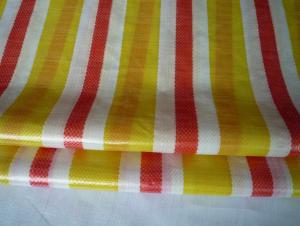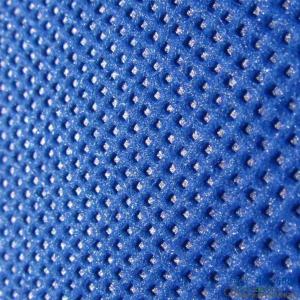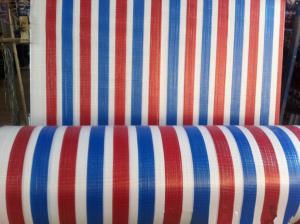GREEN TARPAULIN
- Loading Port:
- China Main Port
- Payment Terms:
- TT OR LC
- Min Order Qty:
- -
- Supply Capability:
- -
OKorder Service Pledge
OKorder Financial Service
You Might Also Like
Packaging Detail: | grade one materials pe tarpaulin: each piece pack into PP bag with lable, outside packing as client request |
Specifications
grade one materials pe tarpaulin:
1) High tensile,high quality
2) customizalbe pe tarpaulin
3) rope and grommet reinforced
PE tarpaulin/ poly tarp/ polyethylene tarpaulin /pe sheet/pe canvas/pe tarp Material 1)100% polyethylene . Both Sides LDPE (low density polyethylene) Laminated Weight: 50-300G/SQM Yarn Count 500D-1500D Weave 6*6-16*16 Width 2m,4m,6m,etc Length 100, 200,no limit Thickness 55-300 micron(0.1mm-0.3mm) Shape customizable shape Color:1)blue,green,grey,sliver,yellow,red,brown,orange,white,black, camouflage,transparent or as order Size: 1) 2x3m, 3x4m,3x5m, 4x5m, 4x6m, 5x8m, 6x8m, 6x10m, any size available |
- Q: What are the test tests for the color fastness of textiles?
- 13, resistant to non-chlorine color fastness 14, resistance to chlorine color fastness 15, acid color fastness 16, alkali color fastness 17, water-resistant color fastness 18, resistance to organic solvent friction color fastness
- Q: The problem of anti - splashing of textile fabrics
- Finally, I feel that your customers are too concerned about my proposal is to take your fabric to the detection agency (if you are Shengze Sheng Hong can) test that there are several non-compliance, if all the standards I believe your customers There is nothing to say
- Q: Sponges are plastic or textiles
- The foaming resin, the foaming aid and the binder resin (the finished product having adhesiveness) are mixed together; For foam processing. 80 parts of ethylene vinyl acetate (EVA), 20 parts of APAO PT 3385, 20 parts of azodicarbonamide, 9 parts of CaCO and 0.6 part of dicumyl peroxide were mixed together and placed in a mold, And mechanical resistance to break the hole, you can get foam sponge. The density (d) is 0.028 g / cm, and the compression hardness of 25% is 1.9 KPa.
- Q: What are the Advantages and Disadvantages of PE and PVC in Textile Fabrics
- PVC material for a long time inside the PVC will be peeling, PE material naturally will not, and each has its advantages, to see what is the use of the
- Q: What are the problems with the transformation and upgrading of the processing trade of textile enterprises?
- Especially in the second half of the international financial crisis is a great impact on the textile and garment export market. Textile enterprises are faced with unprecedented difficulties and challenges. February the State Council adopted the "textile industry restructuring and revitalization plan", the purpose is to actively respond to the current international financial crisis
- Q: What are the policy measures developed by the Bangladeshi government for their exports?
- As the country's textile has a long history, coupled with the government's rational and orderly development strategy of the textile industry, Bangladesh is increasingly becoming a textile country in Asia. The textile industry is one of the major manufacturing industries in Meng.
- Q: tera textile processing where to learn
- Lyon is also one of the heroes, super happy mode can also challenge the tower, Lyon has become a young arrogant game in the lost city of the top players in the lost
- Q: What are the knowledge and abilities of the Merchants in the textile industry?
- This "list" may be a purchase order, there may be sales orders, there may be other list.
- Q: What is the role of textile degreasing in life?
- Textile degreasing agent This product is also quite targeted, not the same degreasing agent treatment results are different. Take efficient degreasing agent is concerned, efficient degreasing agent is a multi-purpose multi-purpose pre-treatment additives, especially for nylon, polyester warp emulsification, degreasing before the disposal process.
- Q: How to do the textile warehouse damp
- Many textile products if the long-term humidity in the environment is too large storage, it will moisture moisture, leading to yellowing of textiles, moldy breeding, seriously affecting the value of textiles.
Send your message to us
GREEN TARPAULIN
- Loading Port:
- China Main Port
- Payment Terms:
- TT OR LC
- Min Order Qty:
- -
- Supply Capability:
- -
OKorder Service Pledge
OKorder Financial Service
Similar products
Hot products
Hot Searches
Related keywords
